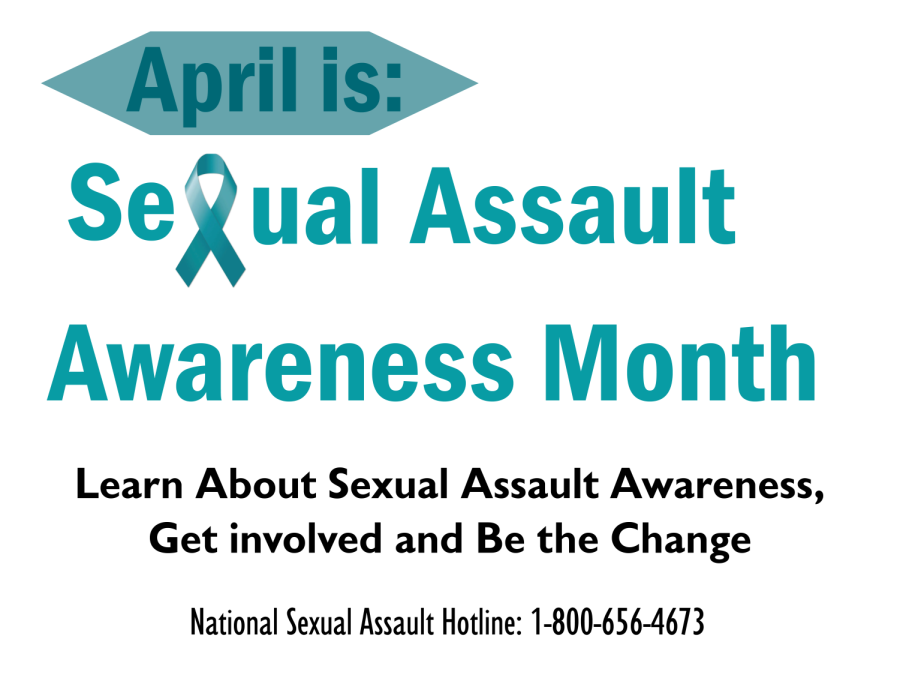You are not alone
Understanding sexual assault, its effects on teens
Sexual Assault Awareness Month (SAAM) was founded to raise awareness and prevent sexual assault, harassment and abuse. Sexual assault consists of any type of sexual activity or contact without consent, including incidents when a victim is unable to give consent. Sexual assault can also be verbal, visual or non-contact. Many teens are affected by different types of sexual assault throughout their lives, and many do not even realize that it has occurred to them, especially when it comes to grooming. Education and awareness are of major importance to combating sexual assault of minors and anyone around the world. Blaming the victim and misbelief are just two of the reasons that victims feel unheard and why many do not feel comfortable telling their stories.
For many teens, turning 18 is a nerve-racking event that looms over them for several reasons. When the reason they are afraid is that they do not want to be hit on by older adults, there is definitely a problem. Sometimes, teens feel like they should lie about their age in order to protect themselves from being harassed by other adults who are extremely persistent. Many teens are victims of catcalling and unwanted sexual attention, as well as online unwanted “sexts.” It is also important for teens and everyone to understand what grooming is and that it is a form of sexual assault.
According to Speakfully, grooming is “when someone builds a relationship, trust and emotional connection with someone so they can manipulate, exploit and/or abuse them.” Internet grooming has become widely seen happening to children and teens and has become a major issue. Many offenders use age gaps to their advantage and try to gain authority over someone less mature. Cyber grooming becomes an endless loop of blackmail, and victims can get so deep that it feels like there is no way out. Grooming, in any form, is a type of sexual abuse and assault. Early signs of grooming include: someone targeting insecurities, isolating a victim, over attention or touching and the sexualizing of relationships. Understanding what grooming is, securing platforms online and talking to an adult or some type of authority figure if ever concerned is always a must.
Child sexual abuse is a widespread problem, and the stigma culture around sexual assault leads to more trauma for all victims. The preconceived notions around sexual assault can deter victims from seeking help and reaching out to others. No one deserves to be blamed for actions that happened to them, no matter how anyone else perceives their situation. Blaming a victim is wrong, and the stigma around female sexual assault with the inappropriate and over-used question, “What was she wearing?” is just people finding any excuse to blame the victim. Teens should not have to feel oversexualized by people in authority over them and feel uncomfortable. There are also stigmas around men who are sexually assaulted, being called weak and saying “he wanted it.” Women are called crude names, as well as liars. People yet again say, “she wanted it.” No one deserves to feel unheard or invalidated, and people need to wake up and stop attacking victims for something they could not control.
April is a month for people to learn about sexual assault, and use the information they learn for good the rest of the year and so on. Taking time to educate oneself about the signs of sexual assault and finding ways to help are of major importance. Teens should look for signs of grooming and stay away, and when placed in a situation that is unwanted, seek help. Sexual assault can be prevented, but it takes everyone coming together to combat it. Victims deserve to have a voice and be heard, seen and heard by all parties. If you or someone you know is being or has been affected by sexual violence, there is help available, and you are not alone. Call the National Sexual Assault Hotline at 1-800-656-4673.



